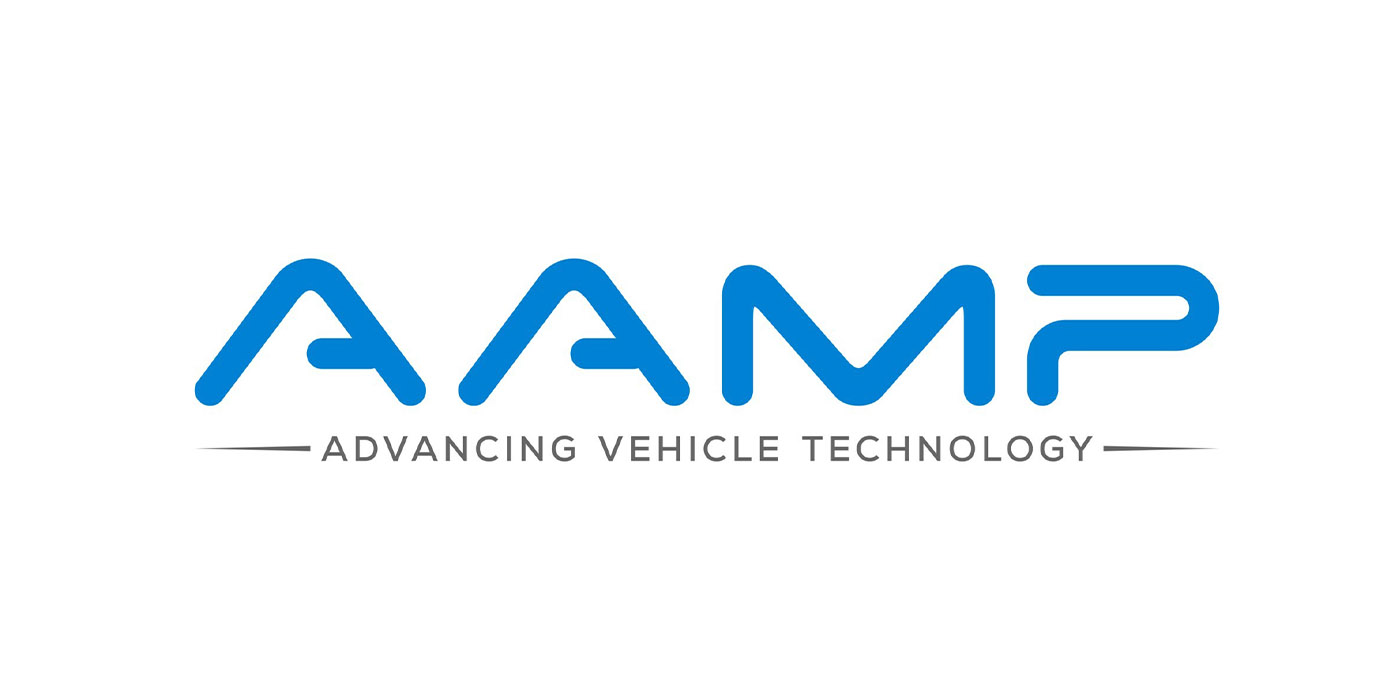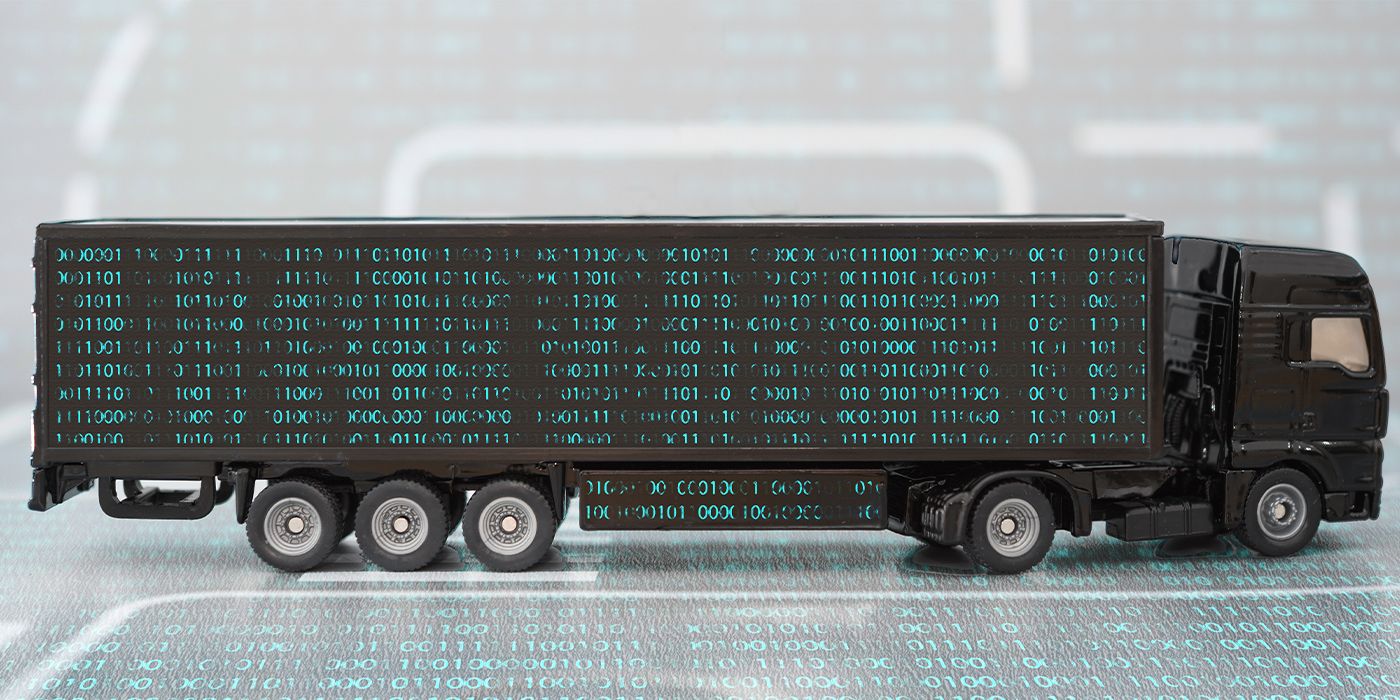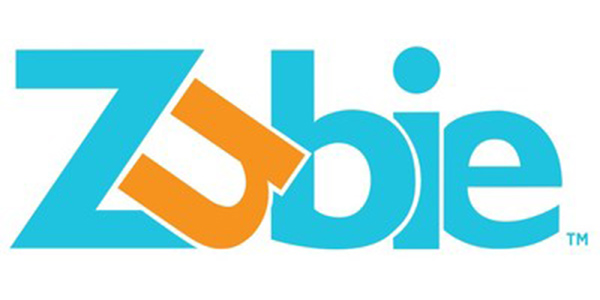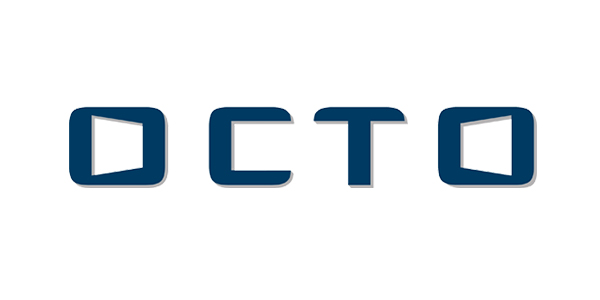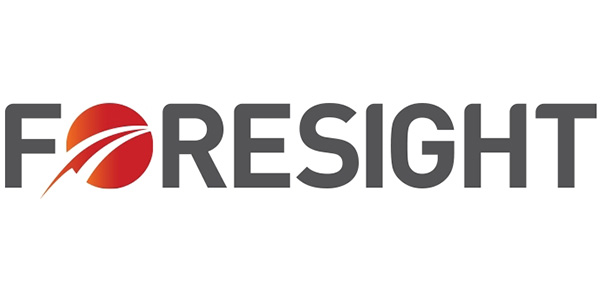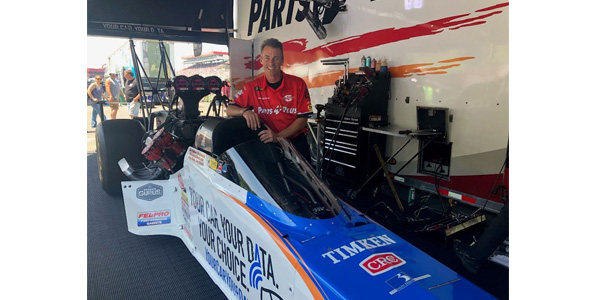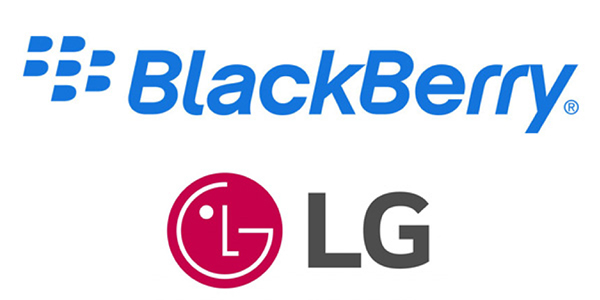From Telematics Talk

An alarming number of automotive professionals (84 percent) responding to a recent survey have concerns that their organizations’ cybersecurity practices aren’t keeping pace with evolving technologies.
Conducted by Ponemon Institute, the survey of global automotive manufacturers and suppliers highlights critical cybersecurity challenges and deficiencies affecting many organizations in the automotive industry.
Synopsys Inc. and SAE International discuss the survey results in a new report, “Securing the Modern Vehicle: A Study of Automotive Industry Cybersecurity Practices.”
The survey also found that 30 percent of organizations don’t have an established cybersecurity program or team, and 63 percent test less than half of the automotive technology they develop for security vulnerabilities.
“SAE, in partnership with Synopsys, is pleased to present the findings of this study, as it provides real-world data to validate the concerns of cybersecurity professionals across the industry and highlights a path forward,” said Jack Pokrzywa, SAE International director of Ground Vehicle Standards. “SAE members have sought to address cybersecurity challenges in the automotive systems development lifecycle for the last decade and worked together to publish SAE J3061, the world’s first automotive cybersecurity standard. Armed with the findings of the study, SAE stands ready to convene the industry and lead development of targeted security controls, technical training, standards and best practices to improve the security, and thus the safety, of modern vehicles.”
Synopsys and SAE commissioned the Ponemon Institute, a leading IT security research organization, to examine current cybersecurity practices in the automotive industry and its capability to address software security risks inherent in connected, software-enabled vehicles. Ponemon surveyed 593 professionals from global automotive manufacturers, suppliers and service providers. To ensure knowledgeable responses, all respondents are involved in assessing or contributing to the security of automotive technologies, including infotainment systems, telematics, steering systems, cameras, SoC-based components, driverless and autonomous vehicles, and RF technologies such as Wi-Fi and Bluetooth, among others.
“The proliferation of software, connectivity and other emerging technologies in the automotive industry has introduced a critical vector of risk that didn’t exist before: cybersecurity,” said Andreas Kuehlmann, co-general manager of the Synopsys Software Integrity Group. “This study underscores the need for a fundamental shift – one that addresses cybersecurity holistically across the systems development lifecycle and throughout the automotive supply chain. Fortunately, the technology and best practices required to address these challenges already exists, and Synopsys is poised to help the industry embrace them.”
Other key findings from the survey highlight:
- Lack of cybersecurity skills and resources. More than half of respondents say their organization doesn’t allocate enough budget and human capital to cybersecurity, while 62 percent say they don’t possess the necessary cybersecurity skills in product development.
- Proactive cybersecurity testing is not a priority. Less than half of organizations test their products for security vulnerabilities. Meanwhile, 71 percent believe that pressure to meet product deadlines is the primary factor leading to security vulnerabilities.
- Developers need cybersecurity training. Only 33 percent of respondents reported that their organizations educate developers on secure coding methods. Additionally, 60 percent say a lack of understanding or training on secure coding practices is a primary factor that leads to vulnerabilities.
- Cybersecurity risk throughout the supply chain. Seventy-three percent of respondents expressed concern about the cybersecurity of automotive technologies supplied by third parties. Meanwhile, only 44 percent say their organization imposes cybersecurity requirements for products provided by upstream suppliers.
To download a free copy of the report, click here.



